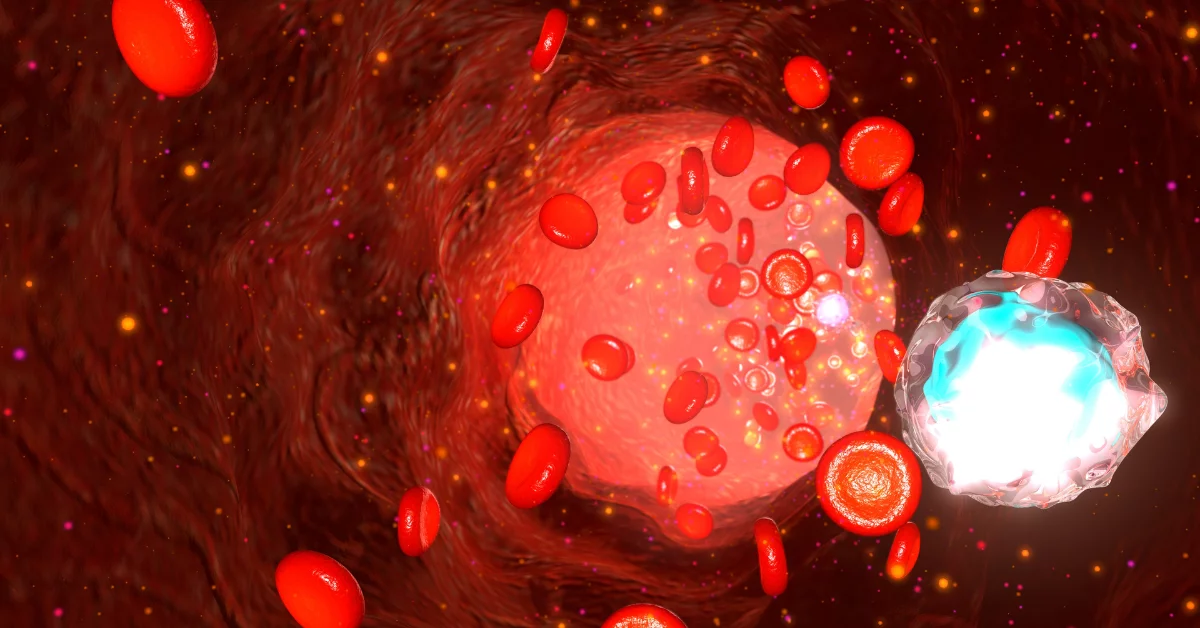
We understand that erectile dysfunction is an intimate issue that can be sensitive or embarrassing for many men to talk about, but it’s nothing to be ashamed of. ED is very common, affecting roughly one in ten men on a recurring or long-term basis. While the struggle to achieve or maintain an erection is not uncommon, especially as you get older, it is not normal and can very often be addressed medically. Not only can erectile dysfunction impede your ability to have a normal and enjoyable sex life, it can also be a warning sign that a larger medical problem is afoot.
Let’s talk about erectile dysfunction and what larger implications it may have for your heart and cardiovascular health.
What causes erectile dysfunction?
If you are having difficulty getting or staying erect when the situation calls for it, there are a wide range of potential causes. The issue could stem from reduced sensation caused by nerve dysfunction in the penis. It could also be mental rather than physical, with some conditions like anxiety and depression being linked to erectile dysfunction. ED is also a common side effect of certain medications, such as finasteride or SSRIs, or of drugs like alcohol or cocaine.
In many cases, insufficient blood flow to the penis is a key factor in causing erectile dysfunction. That means that while erectile dysfunction is not necessarily a cause for serious concern, it can be tied in many cases to more serious disorders which affect circulation.
What can erectile dysfunction mean about your heart health?

There are several different issues which can be associated with ED and also have a direct or indirect negative effect on heart health. This is because restricted blood flow or damage to the blood vessels in the penis make it harder for the organ to become engorged.
- Diabetes: Diabetes is known to cause damage to the nerves and arteries which may show early symptoms in the form of erectile dysfunction. While the exact statistics are not known, experts believe that up to 50% of men with diabetes may experience some degree of ED.
- High Blood Pressure: Men who have hypertension are estimated to be around twice as likely to experience erectile dysfunction than those with healthy heart rate and blood pressure. High blood pressure can pose an obstacle to healthy blood flow which can also result in damage to arteries and capillaries over time, impacting the supply of blood to the penis.
- Atherosclerosis: This condition, which is often tied to lifestyle factors that include smoking cigarettes and eating a diet high in trans fats, causes the arterial walls to harden, constricting blood flow to the extremities. This can make it difficult for your body to pump enough blood to the penis.
- High Cholesterol: This is a common contributor to plaque buildup and circulation issues, and while the direct tie to erectile dysfunction has not been fully established, there is a strong correlation between high cholesterol levels and incidence of ED in older adult men.
Let’s be honest about erectile dysfunction
Our sex lives are very private to many of us, and it is fully understandable to have some reticence surrounding erectile dysfunction. However, it’s really important that you feel able to be fully open and honest with your doctor in order to avoid any avoidable long-term health complications. Erectile dysfunction isn’t always a sign of something life-threatening, but if it’s tied to a more serious heart condition, there are tests that can help catch the issue early and maximize your chances of a positive outcome. If you’re suffering from ED, talk to your doctor to both find a solution to your specific issue and rule out anything that could be more dangerous later on!



